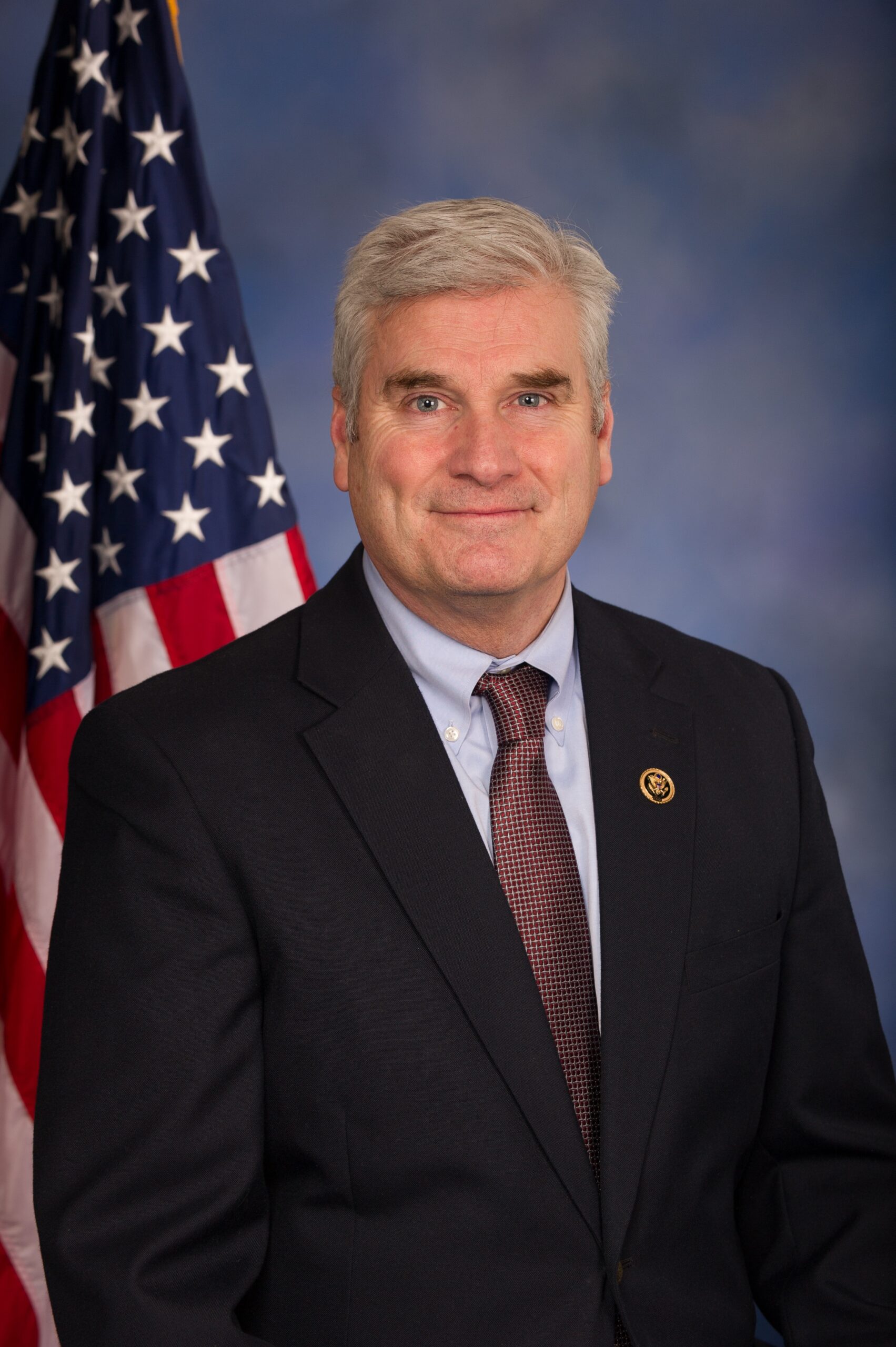
The mental health of our K-12 students is in jeopardy, and Congress needs to act before the problem gets even worse.
According to the Centers for Disease Control and Prevention, the number of students experiencing persistent feelings of sadness or hopelessness increased by 40 percent over the past decade. Some stressors, such as the ups-and-downs of the classroom or the growing pains of adolescence, have always been around; other, much more recent culprits – excessive social media use and the COVID-19 pandemic, most notably – are now taking a devastating toll, as well.
In the case of COVID-19, the CDC found earlier this year that 37 percent of high school students reported suffering from persistent mental health struggles, including stress, anxiety, and depression, during the pandemic. I’m not at all surprised by this statistic, because I’ve seen it first-hand. Last year, I met with a young man who never suffered mental health issues before the pandemic. However, the combination of not being able to spend time with his friends, participate in sports, or interact face-to-face with teachers eventually wore him down. Worst of all, he did not receive the attention he needed and deserved from his teachers and counselors.
The CDC found earlier this year that 37 percent of high school students reported suffering from persistent mental health struggles, including stress, anxiety, and depression, during the pandemic.
Sadly, this young man’s story is far from unique. In many cases, schools are not equipped to meet long-term mental health needs. Nationwide, there was only one school psychologist for every 1162 students in the 2020-2021 school year — less than half of the 1:500 ratio recommended by the National Association of School Psychologists.
Last December, Surgeon General Vivek Murthy issued a report highlighting the severity of the youth mental health crisis and offering recommendations on how policymakers should address it, including expanding telehealth options and improving coordination from all levels of government
I agree with these recommendations, and I am confident most of my colleagues feel the same way. Fortunately, improving student mental health is an effort that can be largely achieved through smart policy changes and better allocation of existing resources — we don’t need to grow the size of the federal government to get better results.
The earlier we help our youth who are struggling, the more likely we will be able to ensure a productive and prosperous future for the next generation.
To spur action, I recently sent a letter to Secretary of Education Miguel Cardona asking for clarity on the coordination, funding, and implementation of mental health resources in schools. I am also currently exploring policy options, including the creation of a new tax credit, that might encourage more individuals to pursue careers in counseling.
Meanwhile, the House of Representatives recently passed a mental health omnibus, the Restoring Hope for Mental Health and Well-Being Act, with overwhelming bipartisan support. Among many other measures, this bill reauthorizes an important grant program that will help youth of all ages — but especially older adolescents, including those already off at college — who are struggling with substance abuse or suicidal thoughts receive the urgent mental health services they need.
I hope the Senate acts quickly to take up this mental health package and that further congressional efforts follow in its wake. The earlier we help our youth who are struggling, the more likely we will be able to ensure a productive and prosperous future for the next generation. I want to help achieve this important goal.
Tom Emmer represents the 6th District of Minnesota in the U.S. House of Representatives.




